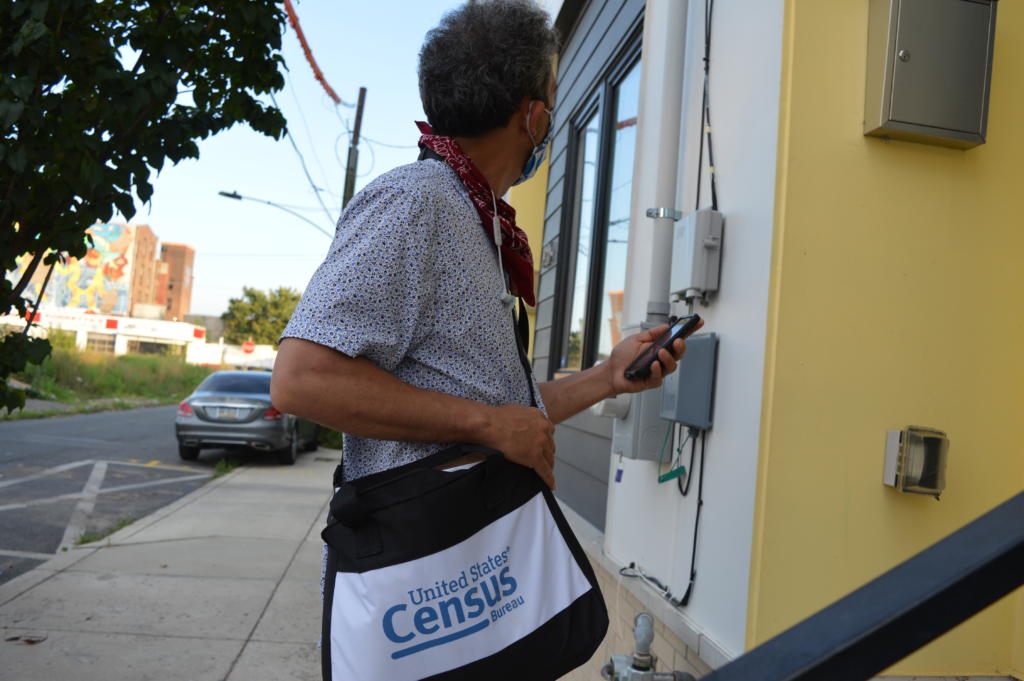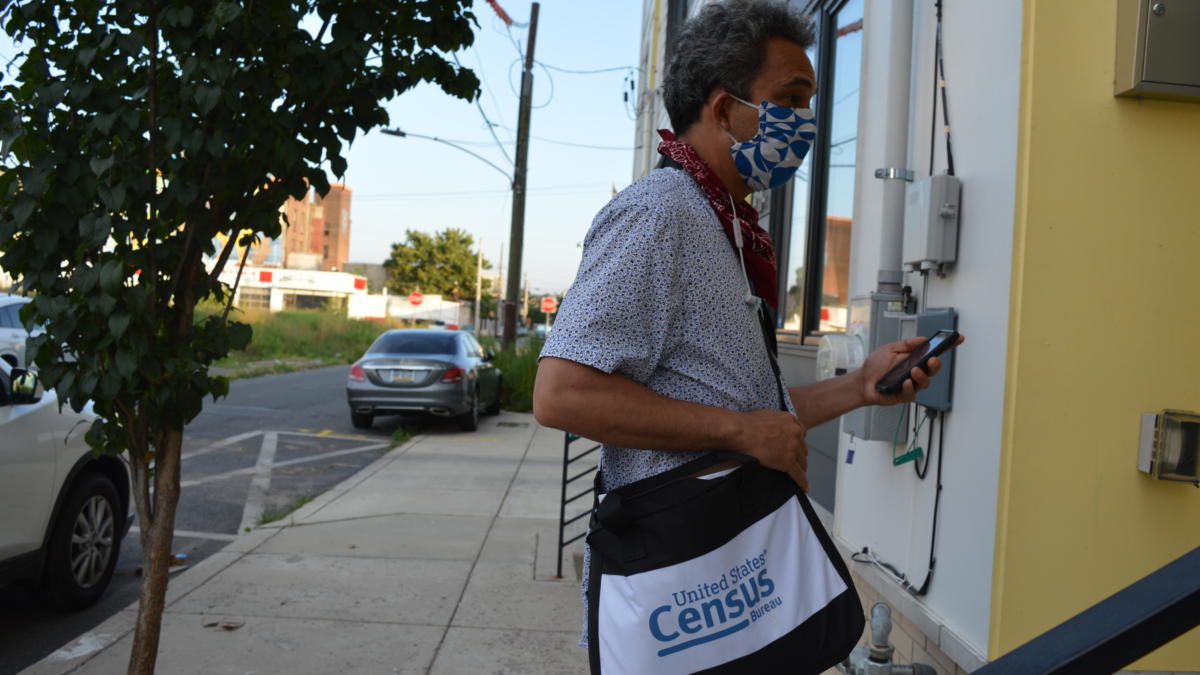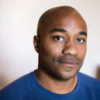Since Aug. 11, Census enumeration has begun throughout the state of New Jersey in an attempt to account for the millions of people who neglected to complete the online questionnaire.
The onslaught of people knocking on doors, smartphone in hand in an effort to get a complete count has been noticeable, particularly in South Jersey.
With the Trump Administration moving up the timeline to complete the form to Sept. 30, both enumerators and the U.S. Census Bureau alike have been in a scramble to get the word out on the importance of the vote. In marginalized communities, where some would find this a daunting task, this year according to an enumerator named Nicole who spoke on condition of not releasing her full name, people have been more willing to get educated on the facts.
“I really think the upcoming election has something to do with it,” said Nicole, who has been canvassing homes, apartments and condos throughout Camden County since mid-August. “I did this work in 2010 and it was a lot harder to get people to listen and understand how important this is. But I think that people understand that while this is a federal thing, it’s not directly tied to politics but more of what ensuring the count can do for you, politically.”
Nicole’s summation isn’t off and it appears her cursory lesson in civics to apprehensive residents throughout Camden is working. According to independent data website Hard to Count, approximately 22% of the population in the Garden State reside in “hard-to-count” neighborhoods like Camden. Specifically, in Jersey cities like Camden, almost a quarter of its residents did not mail in census questionnaires or do any self-response in 2010.
“I did this work in 2010 and it was a lot harder to get people to listen and understand how important this is. But I think that people understand that while this is a federal thing, it’s not directly tied to politics but more of what ensuring the count can do for you, politically.”
Nicole P., a census enumerator working in Camden County, New Jersey
Coincidentally, these communities make up a large concentration of Black and Brown New Jersey residents. Unsurprisingly, these regions also tend to lack much-needed social support like high quality education, the latter Nicole uses as leverage in speaking with people who aren’t exactly ready to give out personal information to a complete stranger.
“I had a conversation with a lady the other day, she was Latino,” Nicole began. “She said one of the things she wished we had here in Camden were more activities for kids to do so they stay out of trouble.”
According to current Census data, of the 73,562 living in the city, only 9.1% of residents have a bachelor’s degree or higher. Conversely, 36.8% of residents live in poverty making just $27,070 according to 2018 statistics. Census funding pumps dollars into things like better schools, hospitals and infrastructure, creating opportunities that otherwise might not exist. And while Census organizations are doing their utmost like Nicole to deliver this message to the tune of millions in marketing and promotional costs, it still tends to fall on blind eyes and deaf ears.

Some believe there’s a potentially damaging effect to that, one that could directly impact the election. In February, J. Phillip Thompson, deputy mayor of New York’s Bill de Blasio suggested an undercounting of Black and Brown communities in this current census could very well lead to voter suppression throughout many states. Voter suppression is widely regarded as an effort to minimize the electoral power of certain minority groups.
“What that means in terms of transfer of power is an existential threat — more than climate change — for conservatives in this country and there are different strategies at play to suppress, to try to delay the impact of that, one of which is voter suppression but another piece of it is undercount,” Thompson noted during an event in Albany earlier this year. “And these things are being done deliberately, and intimidation and fear [are] being stoked up deliberately.”
The fear arrived earlier this year when President Donald Trump tried to classify who exactly qualifies as a citizen and who does not, going as far to suggest the implementation of a citizen origin question on the census. This knowledge has stoked fear of many particularly in the Latino community, who fear that completing the census could find Immigration and Customs Enforcement agents showing up at their door.
“There are different strategies at play to suppress … one of which is voter suppression but another piece of it is undercount. And these things are being done deliberately, and intimidation and fear [are] being stoked up deliberately.”
J. Phillip Thompson, deputy mayor for the State of New York
It’s why the job of people like Nicole has been vital in squelching fears in an effort to gain a complete count.
“I understand why people are afraid and at the end of the day if they pass on filling it out I can only do what I can do, she said. “I tell them that I too take a lot of risk in doing this job. I tell them that I can go to prison and pay a fine that frankly I can’t afford if it’s ever found out I dimed on them or gave their name to someone. I think people don’t know who to trust these days so the more I can come in and explain why I’m there, I’ve found the better this has gone since I’ve started.”
This story was part of the “2020 Census: New Jersey Media Counts,” an initiative of the Center for Cooperative Media at Montclair State University.





